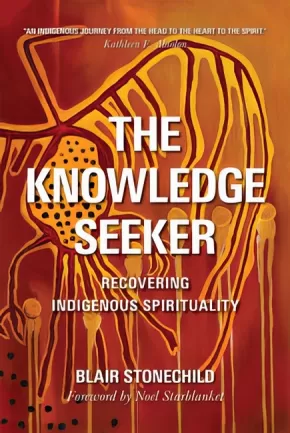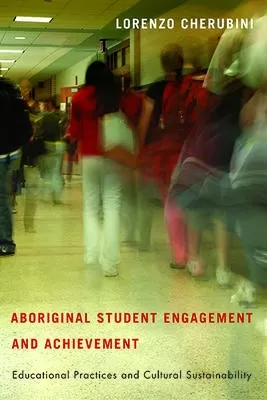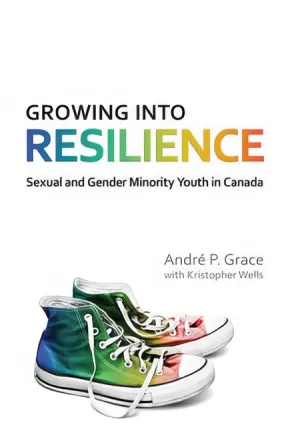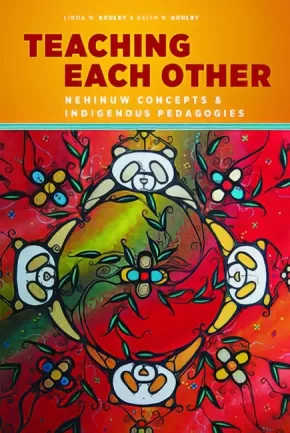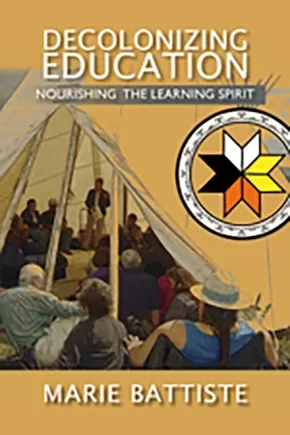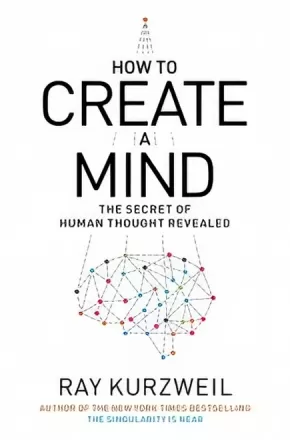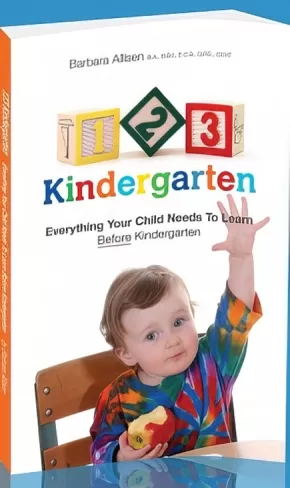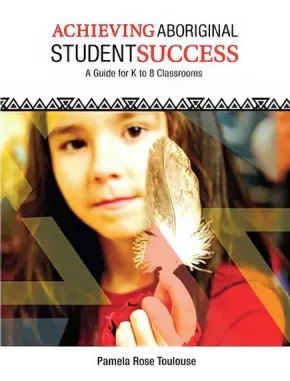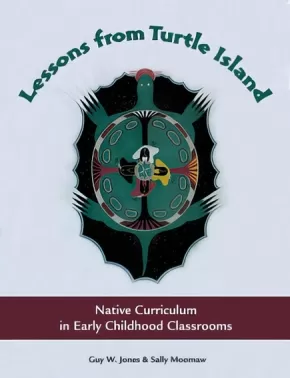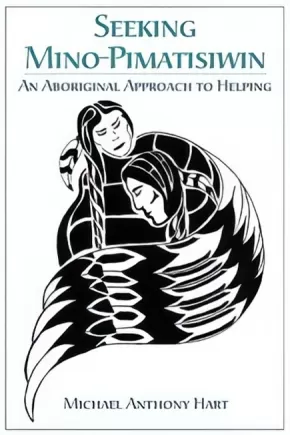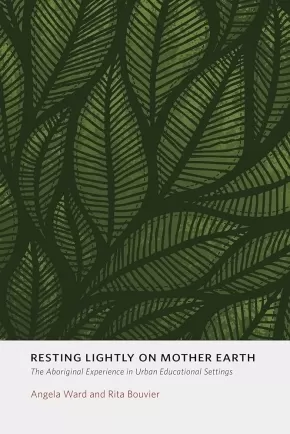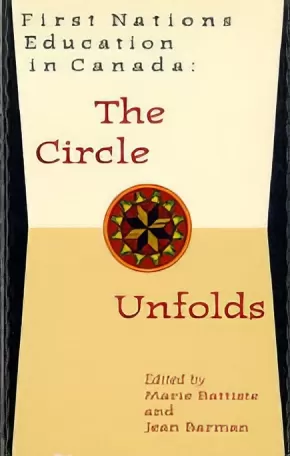Building Strong Learning
Synopsis:
Classroom strategies to meet the learning needs of all students.
This well-loved guide has now been fully revised to explore the latest theories, research, and best practice in inclusive classrooms. From ice-breaking activities to ways to meet specific expectations in all areas of the curriculum, teachers will discover practical strategies and organizational frameworks that will help them to reach all students.
Whether you`re searching for new ways to inspire students with different learning styles, celebrate the abilities of the physically challenged, or boost the skills of those learning English for the first time, Student Diversity has what you need to meet and defeat the wide variety of challenges in today`s classroom. Packed with examples of student work and reproducible worksheets, this book will help to smooth the daily path of beginning and experienced teachers alike.
Additional Information
161 pages | 8.20" x 10.80"
Synopsis:
The Knowledge Seeker tells the story of the developing Indigenous-run education movement and calls forth the urgent need to teach about Indigenous spirituality.
Educator Information
Table of Contents
Foreword
Acknowledgments
Introduction
CHAPTER 1: Wanting to Know
CHAPTER 2: Controlling Our Education
CHAPTER 3: The Great Principle
CHAPTER 4: The Great Law
CHAPTER 5: Once Powerful Healing
CHAPTER 6: Re-evaluating the Past
CHAPTER 7: Contemporary Crisis
CHAPTER 8: Modern Study of Spirit
CHAPTER 9: Restoring Balance
EPILOGUE: "Creator Does Not Lose His Children"
Notes
Glossary
Bibliography
Index
Additional Information
224 pages | 6.00" x 9.00"
Synopsis:
Aboriginal people want an education that reflects their cultural values and linguistic heritages, an education that will foster their children's engagement and identity and not marginalize them as learners. This book turns the spotlight on a rare success story – one Ontario high school's attempt to recognize Aboriginal students' cultural and academic needs while helping them build relationships with non-Aboriginal students. Aboriginal students constitute one of the fastest-growing groups in public schools. This timely study not only reveals how the current system is failing Indigenous students – it offers recommendations for enhancing their achievement levels in Canada and abroad.
Additional Information
212 pages | 6.00" x 9.00"
Synopsis:
Despite recent progress in civil rights for sexual and gender minorities (SGM), ensuring SGM youth experience fairness, justice, inclusion, safety, and security in their schools and communities remains an ongoing challenge. In Growing into Resilience, André P. Grace and Kristopher Wells – co-founders of Camp fYrefly, a summer leadership camp for SGM youth – investigate how teachers, healthcare workers, and other professionals can help SGM youth build the human and material assets that will empower them to be happy, healthy, and resilient.
Grace and Wells investigate the comprehensive (physical, mental, and sexual) health of SGM youth, emphasizing the role of caring professionals in an approach that that recognizes and accommodates SGM youth. Throughout, the authors draw upon the personal narratives of SGM youth, emphasizing how research, policy, and practice must act together for them to be able to thrive and fulfill their promise.
Both a resource for those professionally engaged in work with sexual and gender minorities and a comprehensive text for use in courses on working with vulnerable youth populations, Growing into Resilience is a timely and transdisciplinary book.
Synopsis:
In recent decades, educators have been seeking ways to improve outcomes for Indigenous students. Yet most Indigenous education still takes place within a theoretical framework based in Eurocentric thought. Teaching Each Other provides an alternative framework for teachers working with Indigenous students – one that moves beyond merely acknowledging Indigenous culture to one that actually strengthens Indigenous identity. Drawing on Nehinuw (Cree) concepts such as kiskinaumatowin, or "teaching each other," Goulet and Goulet demonstrate how teachers and students can become partners in education. They provide a template for educators anywhere who want to engage with students whose culture is different from that of the mainstream.
Additional Information
256 pages | 6.00" x 9.00"
Synopsis:
Drawing on treaties, international law, the work of other Indigenous scholars, and especially personal experiences, Marie Battiste documents the nature of Eurocentric models of education, and their devastating impacts on Indigenous knowledge. Chronicling the negative consequences of forced assimilation and the failure of current educational policies to bolster the social and economic conditions of Aboriginal populations, Battiste proposes a new model of education. She argues that the preservation of Aboriginal knowledge is an Aboriginal right and a right preserved by the many treaties with First Nations. Current educational policies must undergo substantive reform. Central to this process is the rejection of the racism inherent to colonial systems of education, and the repositioning of Indigenous humanities, sciences, and languages as vital fields of knowledge. Battiste suggests the urgency for this reform lies in the social, technological, and economic challenges facing society today, and the need for a revitalized knowledge system which incorporates both Indigenous and Eurocentric thinking. The new model she advocates is based on her experiences growing up in a Mi’kmaw community, and the decades she has spent as a teacher, activist, and university scholar.
Additional Information
223 pages | 6.00" x 9.00"
Synopsis:
Aboriginal people who choose to improve their education as adults often face many challenges, most of which arise from the ongoing impact of colonialism and of racialized poverty. Yet in Winnipeg’s low-income inner city, a variety of innovative and effective Aboriginal adult education initiatives have emerged. Drawing upon the voices and experiences of Aboriginal adult learners themselves, this book describes the initiatives and strategies that have proven successful and transformative for adult Aboriginal students.
These programs also positively influence the lives of the students’ families and are even felt on the community level, functioning as anti-poverty initiatives. Moving Forward, Giving Back posits that effective Aboriginal adult education initiatives need to be dramatically expanded to improve the health and vibrancy of Aboriginal people and communities across Canada.
Additional Information
168 pages | 6.00" x 9.00"
Synopsis:
The bold futurist and bestselling author explores the limitless potential of reverse-engineering the human brain
Ray Kurzweil is arguably today’s most influential—and often controversial—futurist. In How to Create a Mind, Kurzweil presents a provocative exploration of the most important project in human-machine civilization—reverse engineering the brain to understand precisely how it works and using that knowledge to create even more intelligent machines.
Kurzweil discusses how the brain functions, how the mind emerges from the brain, and the implications of vastly increasing the powers of our intelligence in addressing the world’s problems. He thoughtfully examines emotional and moral intelligence and the origins of consciousness and envisions the radical possibilities of our merging with the intelligent technology we are creating.
Certain to be one of the most widely discussed and debated science books of the year, How to Create a Mind is sure to take its place alongside Kurzweil’s previous classics which include Fantastic Voyage: Live Long Enough to Live Forever and The Age of Spiritual Machines.
Synopsis:
1 2 3 Kindergarten is a down-to-earth, practical guide to help parents, caregivers and educators ensure children's readiness for kindergarten. Written by a kindergarten teacher and parent, this award-winning book, has tips, explanations, short-cuts and fun. It includes ideas that use resources already available at home or in child care centers and strategies to incorporate learning time into busy, active days. An easy-to-use developmental checklist and rating scale, guidance for the this-year-or-next-year debate, and suggestions for home-school transition make this a birth-to-kindergarten resource.
Additional Information
114 pages | 5.98" x 9.02" | Paperback
Synopsis:
In this guide for K–8 classrooms, author Dr. Pamela Rose Toulouse provides strategies, lesson plans, and hands-on activities that support both Indigenous and non-Indigenous learners. Find support for topics such as:
- infusing Indigenous teaching strategies in the classroom
- increasing literacy success by implementing an Indigenous model
- teaching character education with the Seven Teachings of the Anishinabek
- engaging and connecting with local Indigenous communities
- incorporating seasonal lessons with the 13 moons of the Anishinabek
- using literature-based lesson plans for grades K to 8
Using Anishinaabe teachings as a model, this book will help you infuse Indigenous perspectives into your curriculum, as well as teach to the specific needs of Indigenous students. Find best practices for classroom management, assessment tools, suggestions for connecting with local Indigenous communities, and much more!
Additional Information
198 pages | 8.00" x 10.50" | Paperback
Synopsis:
The first comprehensive guide to addressing Native American issues in teaching children.
Create a curriculum that reflects and honors the diversity of all people," Lessons from Turtle Island "explores Native American issues in preschool and early primary education. The authors-one Native, one white-offer guidelines for learning experiences that move children beyond embedded stereotypes.
Educator Information
"This is a great resource for those who are just beginning to work with Indigenous children and are concerned about teaching with authenticity. This resource very firmly guides educators through what is considered appropriate, and what isn't, from an Indigenous perspective in the classroom. Therefore it could be easily taken the wrong way and I would recommend that while using this resource that you openly have conversation with your Indigenous Education staff about what you're reading. Currently several of the Indigenous titles are out of print but they are such well known books that they likely can be found in your DRC." -Terri Mack
Age focus: 3 to 8
Synopsis:
Historically, social work and psychology professions have pressured and coerced Aboriginal peoples to follow the euro-centric ways of society. The needs of Aboriginal peoples have not been successfully addressed by the helping profession due to a limited attempt to incorporate Aboriginal perspectives and practices of helping. Michael Hart briefly discusses colonization from an Aboriginal perspective, ontological imperialism, social work’s role in colonial oppression, and the dynamic of resistance. Seeking Mino-Pimatisiwin encourages Aboriginal concepts, values and perspectives to be effectively incorporated by helpers trained in counselling, supporting, and teaching disciplines.
Micheal Hart uses his own personal and professional experiences and that of other Aboriginal helpers. Throughout the book he outlines ways of adopting an Aboriginal Approach to helping. The closing chapter examines one such approach, the sharing circle, and how it can be used to guide practice with individuals, families, and groups in several contexts.
Additional Information
128 pages | 6.00" x 9.00"
Synopsis:
The voices of Aboriginal and non-Aboriginal participants are heard as they chronicle their survival in mainstream school systems. The authors describe and analyze the experiences of Aboriginal students, teachers, and pre-service teachers struggling to find a place in urban society. Some voices are resistant, others angry, many questioning, as they enter into tentative coalitions with other urban teachers who pursue social justice for Aboriginal peoples. The editors open the book with a wide-ranging look at the contexts of urban Aboriginal education, and explore the themes of the book—identity, disconnection from the land, spirituality, the effects of a colonial legacy—from their own Aboriginal and mainstream perspectives.
A strength of the book is the diversity of backgrounds and experiences the authors bring. The writers are Aboriginal and non-Aboriginal, from Canada, the United States and Australia. They have taught and worked in elementary and secondary schools, universities and teacher education programs. All have direct experience working in urban educational settings, and all bring passionate advocacy to their writing. Resting Lightly on Mother Earth is intended for both Indigenous and mainstream educators; it is particularly suitable for teachers and administrators in urban systems, teacher educators, and graduate and undergraduate education students.
Additional Information
|
Synopsis:
Written mainly by First Nations and Métis people, this book examines current issues in First Nations education.
Table of Contents
Introduction
Eastern Door: Reconceptualizing First Nations Education
1. Towards a Redefinition of Indian Education
2. Peacekeeping Actions at Home: A Medicine Wheel Model for a Peacekeeping Pedagogy
3. Redefining Science Education for Aboriginal Students
Southern Door: Connecting with and Maintaining Our Relations
4. Aboriginal Epistemology
5. Quaslametko and Yetko: Two Grandmother Models for Contemporary Native Education Pedagogy
6. Language and Cultural Content in Native Education
7. Learning Processes and Teaching Roles in Native Education: Cultural Base and Cultural Brokerage
Western Door: Meeting the Challenge of Incoherence
8. A Major Challenge for the Education System: Aboriginal Retention and Dropout
9. Teacher Education and Aboriginal Opposition
10. The Challenge for Universities
11. Non-Native Teachers Teaching in Native Communities
Northern Door: Transforming First Nations Education
12. Treaties and Indian Education
13. Taking Control: Contradiction and First Nations Adult Education
14. Locally Developed Native Studies Curriculum: An Historical and Philosophical Rationale
15. The Sacred Circle: An Aboriginal Approach to Healing Education at an Urban High School
Bibliography of First Nations Pedagogy
Contributors
Index
Marie Battiste (editor), a member of the Mi'kmaq Nation, teaches in the Indian and Northern Education Department at the University of Saskatchewan.
Jean Barman (editor) is a Professor in the Department of Social and Educational Studies at the University of British Columbia.



